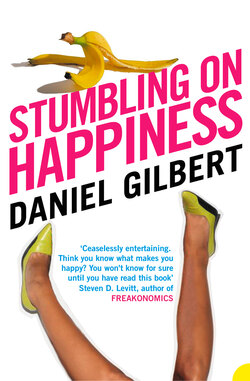Читать книгу Stumbling on Happiness - Daniel Gilbert - Страница 30
Onward
ОглавлениеOn the morning of 15 May 1916, the arctic explorer Ernest Shackleton began the last leg of one of history’s most gruelling adventures. His ship, the Endurance, had sunk in the Weddell Sea, stranding him and his crew on Elephant Island. After seven months, Shackleton and five of his crewmen boarded a small lifeboat in which they spent three weeks crossing eight hundred miles of frigid, raging ocean. Upon reaching South Georgia Island, the starving, frostbitten men prepared to disembark and cross the island on foot in the hope of reaching a whaling station on the other side. No one had ever survived that trek. Facing almost certain death that morning, Shackleton wrote:
We passed through the narrow mouth of the cove with the ugly rocks and waving kelp close on either side, turned to the east, and sailed merrily up the bay as the sun broke through the mists and made the tossing waters sparkle around us. We were a curious-looking party on that bright morning, but we were feeling happy. We even broke into song, and, but for our Robinson Crusoe appearance, a casual observer might have taken us for a picnic party sailing in a Norwegian fjord or one of the beautiful sounds of the west coast of New Zealand.30
Could Shackleton really have meant what he said? Could his happy be our happy, and is there any way to tell? As we’ve seen, happiness is a subjective experience that is difficult to describe to ourselves and to others, thus evaluating people’s claims about their own happiness is an exceptionally thorny business. But don’t worry–because before business gets better, it gets a whole lot thornier.
